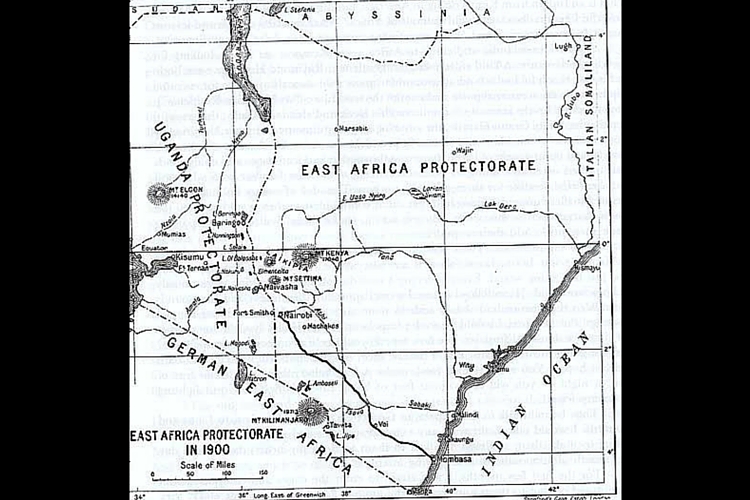In 1899, the British foreign office appointed Sir Harry Johnston as special commissioner responsible for cutting administrative costs. Commissioner Johnston concluded that Buganda and territories like it should govern themselves and be treated as allies of the British Empire.
Through the agreement, Buganda became a province within the East Africa protectorate. The Ganda agreed to a hut tax and the Lukiko became the legislative body and final court of appeal.
The most significant aspect of the Buganda Agreement was that it altered land tenure. The Kabaka and his chiefs were granted free land tenure. Chiefs could claim a clear title of the land and pass it on to their heirs. Half of the land in Buganda was given to the chiefs and the rest belonged to the British crown. The rest of the peasant farmers lost claims to their land. Chiefs who ascribed to Christian beliefs got more influence and control in government and greater control of land resources which gave them a feeling of superiority. Peasant farmers became tenants on the chief’s land and this created even more economic inequality.
Commissioner Johnston also signed agreements with the Toro ruler Kasagama in 1900 and all the land in this area was placed under the British crown. Similarly, the king and his chiefs were granted free land tenure. Johnston also signed an agreement with the Nkore in 1901. Bunyoro continued to the ruled by British administrators aided by the Ganda.
Resistance to British occupation was common in these areas. In 1905, the highest ranking British official was stabbed to death in Nkore and the British suspended the 1901 agreement for seven years and imposed heavy fines of cattle. In 1907, the Nyangire rebellion, led by Nyoro chiefs took place. The Nyoro refused to accept the rule of the Ganda chiefs because of the economic and cultural influence they had amassed. Slowly, Luganda became the official language of the state and the church. After the Ganda chiefs fled to Hoima, the British ordered their reinstatement but not without resistance from the Nyoro chiefs.




